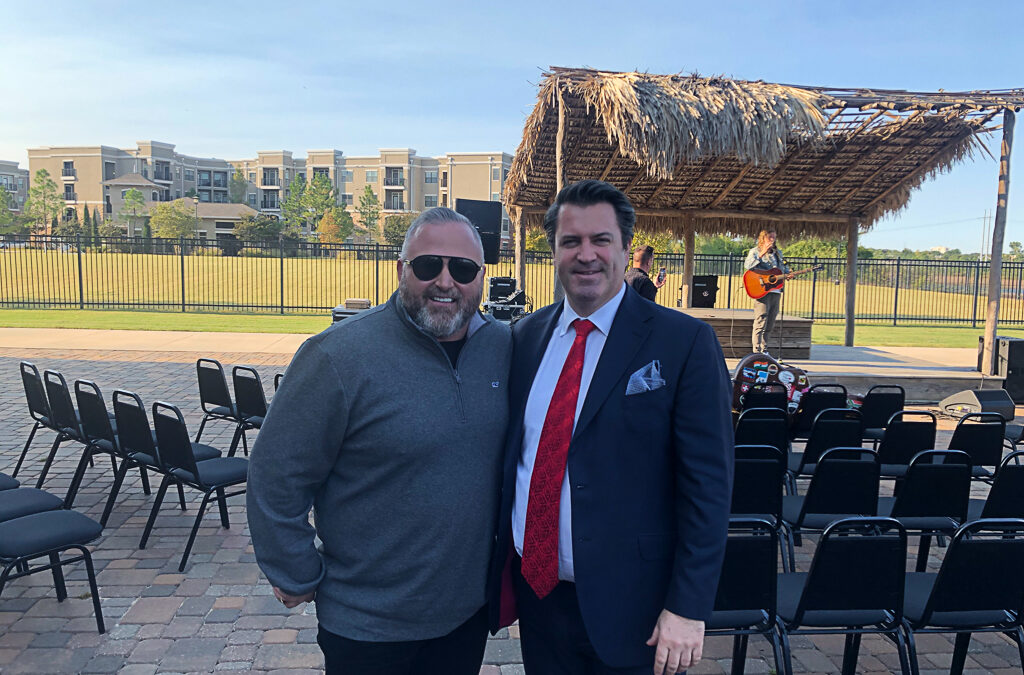Dynamite dynamite dynamite. This is the lawyer, James, the dynamite audio program. It is the absolute best audio content by New York Business Attorney in both transactional and litigation practice areas. And it is helpful for all industries. Now here’s today’s episode. One more thing. Before we get started, you can reach me online by visiting my website, the lawyer james.com. The lawyer james.com. The lawyer james.com. You can call me at (212) 500-1891. That’s the office (212) 500-1891 (212) 500-1891. You can contact me by email at James at the lawyer. james.com. James at the lawyer, james.com. James at the lawyer, james.com or by text message at (917) 783-3153. Text message (917) 783-3153 that’s (917) 783-3153.
All right. In this episode, I will be talking about the preliminary conference. So what is the preliminary conference? Well, the preliminary conference is a conference that is held before the court, and it’s usually done in connection either with the filing of an RJI, which as we discussed in the previous episode, uh, the request for judicial intervention, you can, one of the reasons that you can request a, uh, or file a request for judicial intervention is to hold a preliminary conference. And the purpose of the preliminary conference is to get dates down on a schedule. Now there’s a lot of stuff that happens behind the scenes that lead up to trial. There are things that go on a lot of things that go on in court, very, very procedural, uh, oriented things, procedurally oriented things that happened, uh, way, way, way, way, way in advance of the trial.
It’s not sexy. It’s not glamorous. It’s really a lot of fun, but these things need to get done. And it’s usually lawyers just behind the scenes doing the work. I personally have not seen a client ever appear with me for a luminary conference. It’s not to say that clients can’t go if they don’t want to, but, but what it looks like it’s, it’s pretty interesting, at least in New York Business Attorney practice, the state practice, you walk in for pulmonary conference and there was 30 or 40 other cases on for preliminary conference that day. And typically what happens is it depends again on whose courtroom you’re in what part, the number part is where a judge works. They have the, the judge, the chambers and the court staff that’s they work in the part. So part of the part includes the courtroom and includes the chambers, which is the judges office and, uh, and the staff and things like that.
So you walk into the courtroom, there’s a bunch of people in there, usually attorneys and there’s court staff. And again, depending on which part you’re in, sometimes you go up to this little electronic terminal, you enter your case number and you print out what’s called a preliminary conference order, and it has the caption already preprinted on the top. And then you sit with your other attorney that represents the other party or parties in the case. And you sit down and you agree on milestones dates for moving the case along. And that would include, for instance, when you’re going to exchange written discovery, which we’ll get into in another episode, written discovery, like interrogatories document requests and requests for admission, all written, uh, discovery, and, um, the deadline, both to serve it on the other side and when the deadline is for returning it. So let me give you an example.
Okay, so you request, can I have a copy of the contract for New York Business Attorney and you have to request that by date X and usually it’s date X plus 20 or 30 is when the other side would have to give you a copy of that contract that you requested. It obviously gets much more involved and detailed like that. And the requests can go on for pages and pages long. You can have tens, tens, and tens and tens of, of document requests, written, emails, communications, and things like that. So anyway, we work on the deadlines. We agree on the deadlines. You put it in the preliminary conference order for written discovery when it’s to be served and what it is to be provided when the requests are to be served and when the responses are to be provided. Um, and then we scheduled deadlines for, for depositions depositions. It’s like an interview in front of a court reporter.
There’s an attorney asking a witness questions on the other side and the, the person that’s getting questioned. The witness typically, uh, is typically represented by a New York Business Attorney as well. And the attorney can object to questions. Um, questions that the attorney questioner is asking to the witness, we also set deadlines for. So that’s basically called fact discovery. You’re just trying to get all the facts in order all the documents in order you want to also dispose of potential issues that may arise in the context of a, um, in the context of requesting, okay. I was just saying something about issues may arise. I’m not really sure what that was about. I’m driving. And I had a, uh, an I and I had to pay a toll. So that just got me a little bit off track. So now getting back on track, we have fact discovery fact discovery is where we have discovery about, guess what the facts we’ve developed the record, we see what contracts are. There are communications. There are what testimony there is, what people’s recollections of the environment is. So anyway, we have all those deadlines in the fact context. So there’s factual discovery, and then there’s also expert discovery. So we drop in and we’ll address this type of discovery and other types of discovery in the later episode. But again, we’re at the preliminary conference right now, as you were talking about all of these dates, we’re talking about the deadline, for fact, discovery issues like written and oral and testimonial. And then we’re talking about,
Um, uh,
Also deadlines for expert desk, expert testimony and expert issues and expert, uh, witness reports and expert witness deposition New York Business Attorney. So if those are, are necessary or required, if not, then we just put N a and then move on to the next one. We also set in the preliminary conference order the date for the next conference. And then we also put the date for what’s called a note of issue. And what happens with the note issue is that is when the, basically it’s a signal to the court that the parties are ready for trial. And so the biggest thing that the court wants to make sure happens is that the case gets moved along and gets on the calendar and all these days get foot onto the calendar. So the parties, like I said, the 12, the attorneys from the parties get together. They either sit in one of the, uh, in one of the, the benches in the courtroom, or they go out and do it in the hallway.
It’s really just, you know, fast and loose. And everybody’s flying around talking and doing different things. And then once the two attorneys agreed on proposed deadlines, they take it and either put it into a basket or they tell the person that is administering this whole thing on behalf of the court that they’re ready now to talk to the it’s. Usually the court attorney. It could be some other staff member of the court, but it’s usually the, either the court attorney or a staff attorney, something like that. Now what happens is the, the, it ultimately goes to the judge to sign it, but to make sure that the blueberry conference order complies with the particular parts, rules, and schedule and things like that in court attorney usually looks over it and then changes any dates that the parties have designated. For instance, if the court or the part only holds status conferences on Tuesdays, and, you know, they’ll, they’ll let us know that.
And they’ll put a date in during the week. That’s a Tuesday rather than the date that the parties effect. And then, uh, that’s a simple preliminary conference sort of overview and what happens and then what, what the parties discuss. And then, so after the parties sit down with the court staff member and the dates are all agreed upon then the, these, the court staff then takes the preliminary conference order to the judge and the judge signs it and then enters it now with all of the, uh, and enters it, meaning signs it and enters it signs it, it becomes a preliminary conference order once the judge signs it and then it’s uploaded into the New York Business Attorney state for its system, electronic filing system. So that’s the way that the memory conference works now with all of this COVID stuff, a lot of these are held on the phone or online or over zoom or something like that, but they’re all done. They’re all done remotely or in large part, they’re done remotely.
You can reach me online by visiting my website, the lawyer james.com, the lawyer james.com. The lawyer james.com. You can call me at (212) 500-1891. That’s the office (212) 500-1891 (212) 500-1891. You can contact me by email at James at the lawyer, james.com. James at the lawyer, james.com. James at the lawyer, james.com or by text message at (917) 783-3153. Text message (917) 783-3153 that’s (917) 783-3153.

